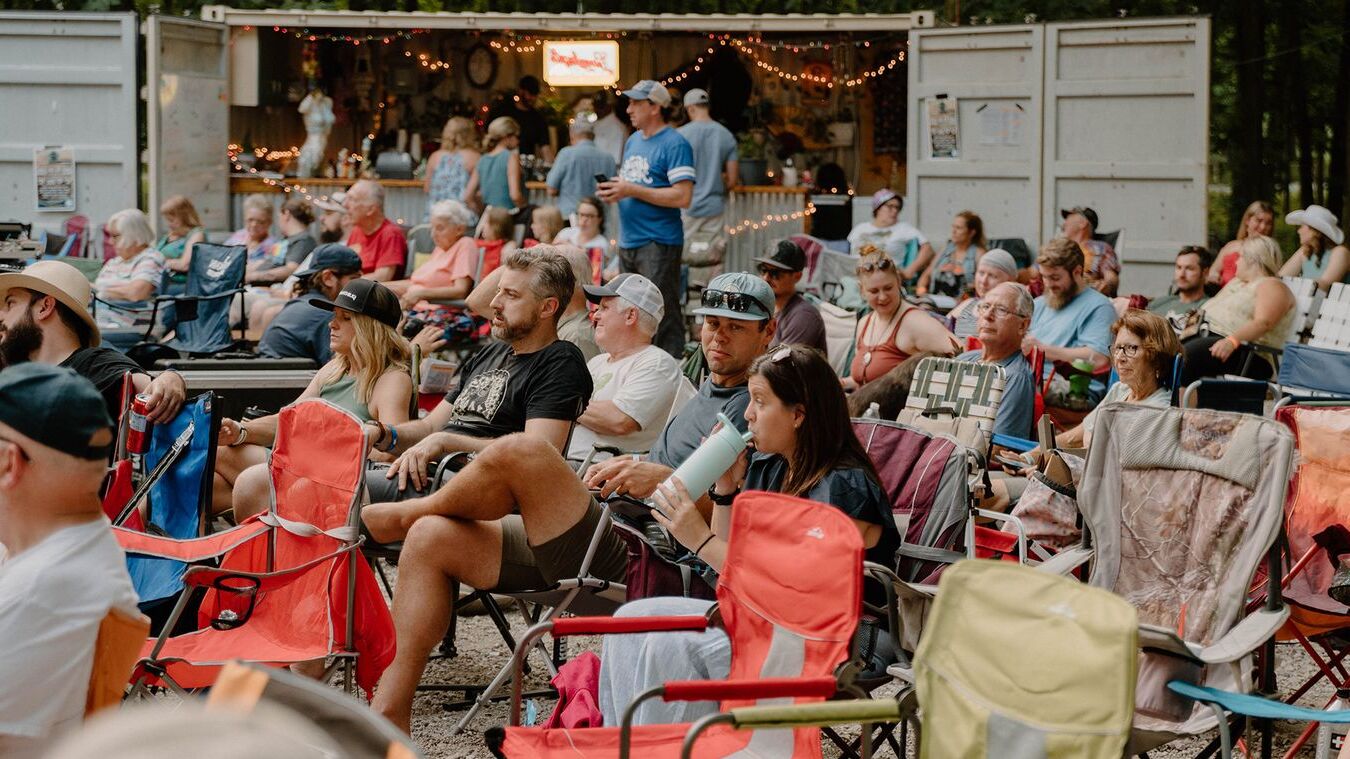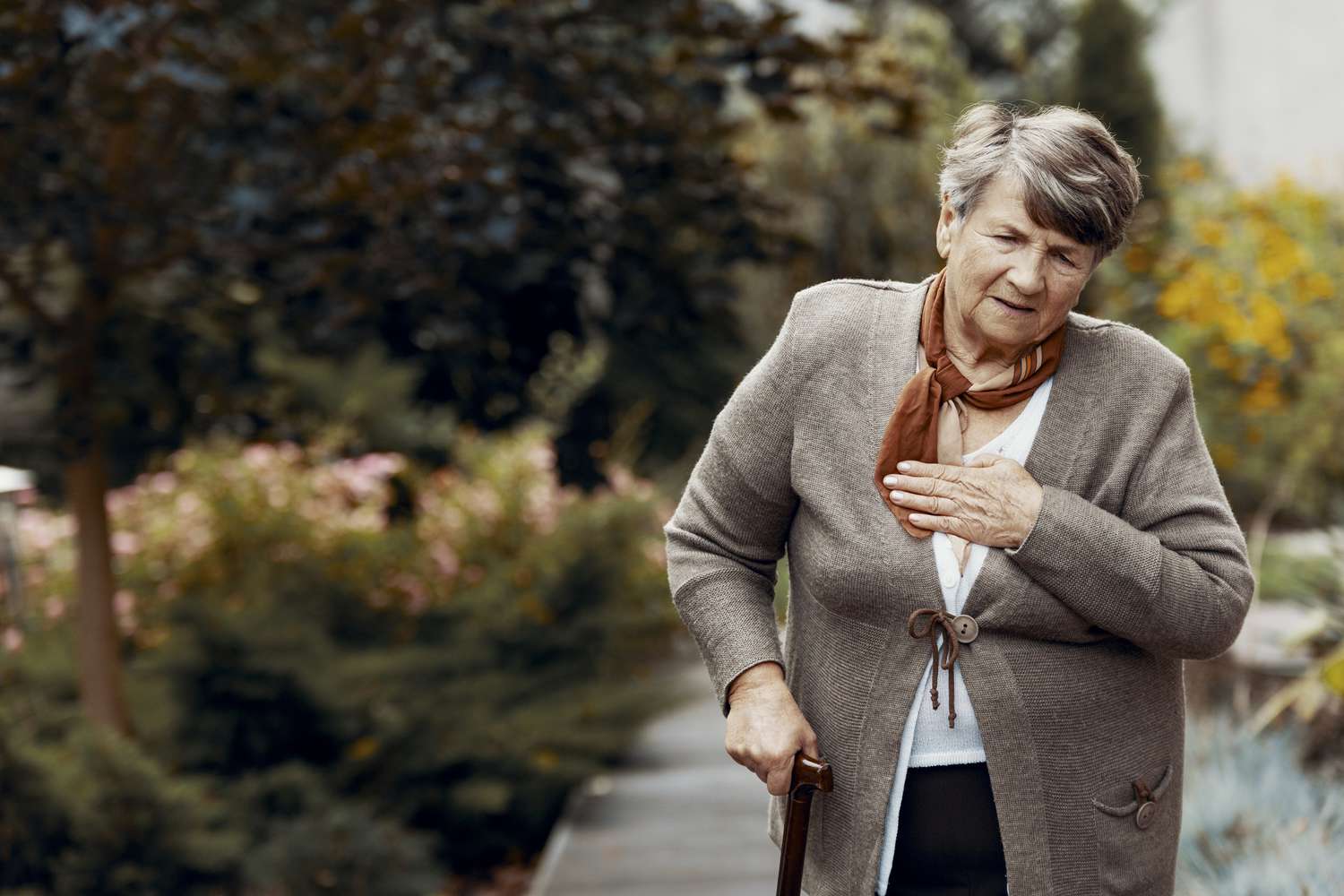
Annual events are special occasions that bring people together to celebrate, remember, or raise awareness. These events can range from cultural festivals and national holidays to international observances and quirky celebrations. Why are annual events important? They create a sense of community, foster traditions, and often provide a break from the daily grind. Whether it's the excitement of New Year's Eve, the solemnity of Memorial Day, or the fun of International Talk Like a Pirate Day, these events mark the passage of time and give us something to look forward to. Let's dive into 40 fascinating facts about these yearly celebrations!
Key Takeaways:
- Annual events like New Year's Day, Valentine's Day, and Halloween have fascinating origins and traditions that bring people together in celebration and joy.
- From the ancient origins of Halloween to the modern-day traditions of New Year's Eve, annual events are filled with unique customs and rituals that make each celebration special and memorable.
New Year's Day
New Year's Day marks the beginning of the calendar year. Celebrations vary across cultures, but the excitement is universal.
- The first New Year's celebration dates back 4,000 years to ancient Babylon.
- In Spain, people eat 12 grapes at midnight for good luck.
- The famous New Year's Eve ball drop in Times Square started in 1907.
- In Japan, people ring bells 108 times to cleanse themselves of the previous year's sins.
Valentine's Day
Valentine's Day is all about love and affection. It's celebrated worldwide with different customs and traditions.
- Valentine's Day originated from a Roman festival called Lupercalia.
- Approximately 145 million Valentine's Day cards are exchanged annually in the U.S.
- In South Korea, women give chocolate to men on February 14, and men reciprocate on March 14, known as White Day.
- The oldest known Valentine's Day message was written in 1415 by Charles, Duke of Orleans.
St. Patrick's Day
St. Patrick's Day honors the patron saint of Ireland. It's a day filled with parades, green attire, and Irish pride.
- St. Patrick's Day was originally a religious feast day in the 17th century.
- The first St. Patrick's Day parade took place in New York City in 1762.
- The Chicago River is dyed green every year for St. Patrick's Day.
- St. Patrick is credited with driving snakes out of Ireland, though it's likely symbolic of converting pagans to Christianity.
Easter
Easter celebrates the resurrection of Jesus Christ. It's a significant holiday in Christianity with various customs.
- Easter is named after Eostre, an Anglo-Saxon goddess of spring.
- The date of Easter varies each year, falling on the first Sunday after the first full moon following the vernal equinox.
- The Easter Bunny tradition originated in Germany.
- The largest Easter egg ever made weighed over 8,000 pounds and was over 25 feet high.
Independence Day
Independence Day, or the Fourth of July, commemorates the adoption of the Declaration of Independence in the U.S.
- The Declaration of Independence was signed on July 4, 1776.
- Fireworks have been a part of Independence Day celebrations since 1777.
- The Liberty Bell in Philadelphia is tapped 13 times every Fourth of July in honor of the original 13 colonies.
- Americans consume around 150 million hot dogs on Independence Day.
Halloween
Halloween is celebrated on October 31st with costumes, trick-or-treating, and spooky decorations.
- Halloween originated from the ancient Celtic festival of Samhain.
- The first jack-o'-lanterns were made from turnips.
- Americans spend over $9 billion on Halloween each year.
- The tradition of trick-or-treating dates back to the medieval practice of "souling."
Thanksgiving
Thanksgiving is a time for gratitude, family gatherings, and feasting. It's celebrated primarily in the U.S. and Canada.
- The first Thanksgiving was celebrated in 1621 by the Pilgrims and the Wampanoag.
- Turkey wasn't on the menu at the first Thanksgiving; they likely ate venison and seafood.
- The Macy's Thanksgiving Day Parade began in 1924.
- The Friday after Thanksgiving is known as Black Friday, the busiest shopping day of the year.
Christmas
Christmas celebrates the birth of Jesus Christ. It's marked by festive decorations, gift-giving, and family gatherings.
- The tradition of Christmas trees dates back to 16th-century Germany.
- Santa Claus is based on St. Nicholas, a 4th-century Greek bishop known for his generosity.
- The song "Jingle Bells" was originally written for Thanksgiving.
- The world's largest Christmas tree, located in Italy, is over 2,000 feet tall.
Hanukkah
Hanukkah, also known as the Festival of Lights, is an eight-day Jewish holiday commemorating the rededication of the Second Temple in Jerusalem.
- Hanukkah is celebrated with the lighting of the menorah, one candle for each night.
- The word "Hanukkah" means "dedication" in Hebrew.
- Traditional Hanukkah foods are fried in oil, like latkes and sufganiyot, to symbolize the miracle of the oil.
- The dreidel, a four-sided spinning top, is a popular Hanukkah game.
New Year's Eve
New Year's Eve is the final day of the year, filled with parties, fireworks, and countdowns to midnight.
- Sydney, Australia, is one of the first major cities to celebrate New Year's Eve due to its time zone.
- In Brazil, people wear white on New Year's Eve for good luck and peace.
- The tradition of kissing at midnight is believed to bring good fortune for the coming year.
- In Denmark, people jump off chairs at midnight to "leap" into the new year.
The Final Countdown
Annual events shape our lives in ways big and small. From New Year's Eve fireworks to Thanksgiving feasts, these traditions bring people together. They mark time, celebrate culture, and create memories. Whether it's the Olympics or Mardi Gras, each event has its own unique charm.
Knowing these facts can make you appreciate these occasions even more. They offer a glimpse into history, culture, and human creativity. So next time you're at a Fourth of July parade or watching the Super Bowl, remember the stories behind these celebrations.
These events aren't just dates on a calendar. They're milestones that connect us all. Embrace them, enjoy them, and share them with others. After all, life's too short not to celebrate every chance you get.
Frequently Asked Questions
Was this page helpful?
Our commitment to delivering trustworthy and engaging content is at the heart of what we do. Each fact on our site is contributed by real users like you, bringing a wealth of diverse insights and information. To ensure the highest standards of accuracy and reliability, our dedicated editors meticulously review each submission. This process guarantees that the facts we share are not only fascinating but also credible. Trust in our commitment to quality and authenticity as you explore and learn with us.


